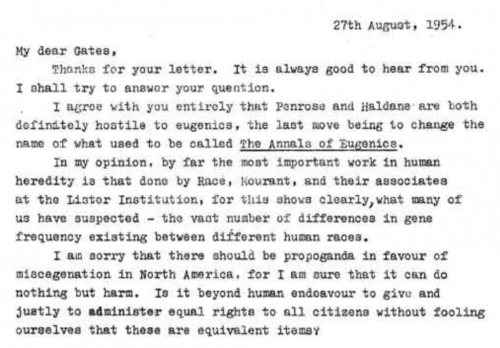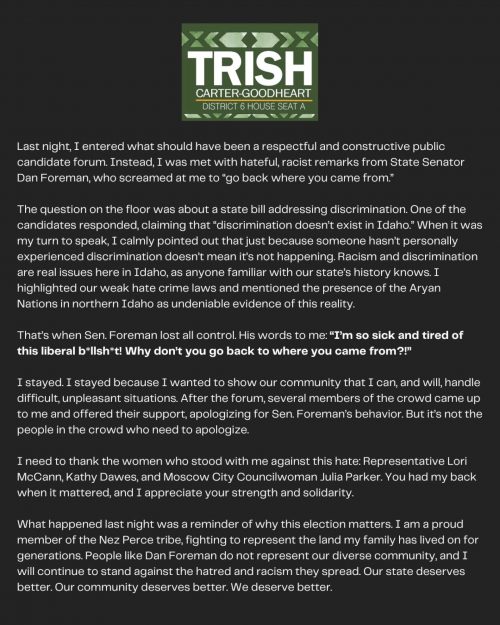University of Minnesota took over the administration building yesterday.
The protest didn’t last long. The police charged in and have arrested 11 students and alumni. It’s the principle, though: they were protesting the university’s investment in Israel and our country’s bomb-making industries. It’s not as if the Democrats are working for peace, and you know the Republicans love them some civilian casualties, so it’s good that someone is raising a ruckus and declaring that genocide is not a good business decision.
One of the organizers, Juliet Murphy, had a few words for the administration.
“And I think we’re kind of calling it out at this point and saying, ‘You have always taught us that we should stand up for what we believe in, we should be the motivators for change, but yet, when it no longer benefits you, it doesn’t seem like you really want to continue having those conversations. It doesn’t seem like you really care about listening to your diverse student body,’” Murphy said.
The administration had a counter: you will be silent, you will be orderly, or you shall be ejected from the campus.
The University of Minnesota’s Board of Regents voted in August to reject student calls for divestment from Israel — and to block most future student divestment campaigns.
The university also rolled out guidelines this summer stating demonstrations must be limited to 100 people and end by 10 p.m., and that they cannot use tents nor remain in buildings after scheduled closing hours, among other rules. Violation can result in immediate interim suspension, arrest and being barred from campus.
The smug, comfortable assholes on the Board of Regents really don’t get it: the whole point of a protest is to make the other side uncomfortable. Rejecting disagreement from a position of power does not resolve the point of contention, but only makes the opposition angrier and more determined.
Free Palestine. End the genocide. Divest now. Those are simple, clear ideas that won’t be answered by arresting people.













